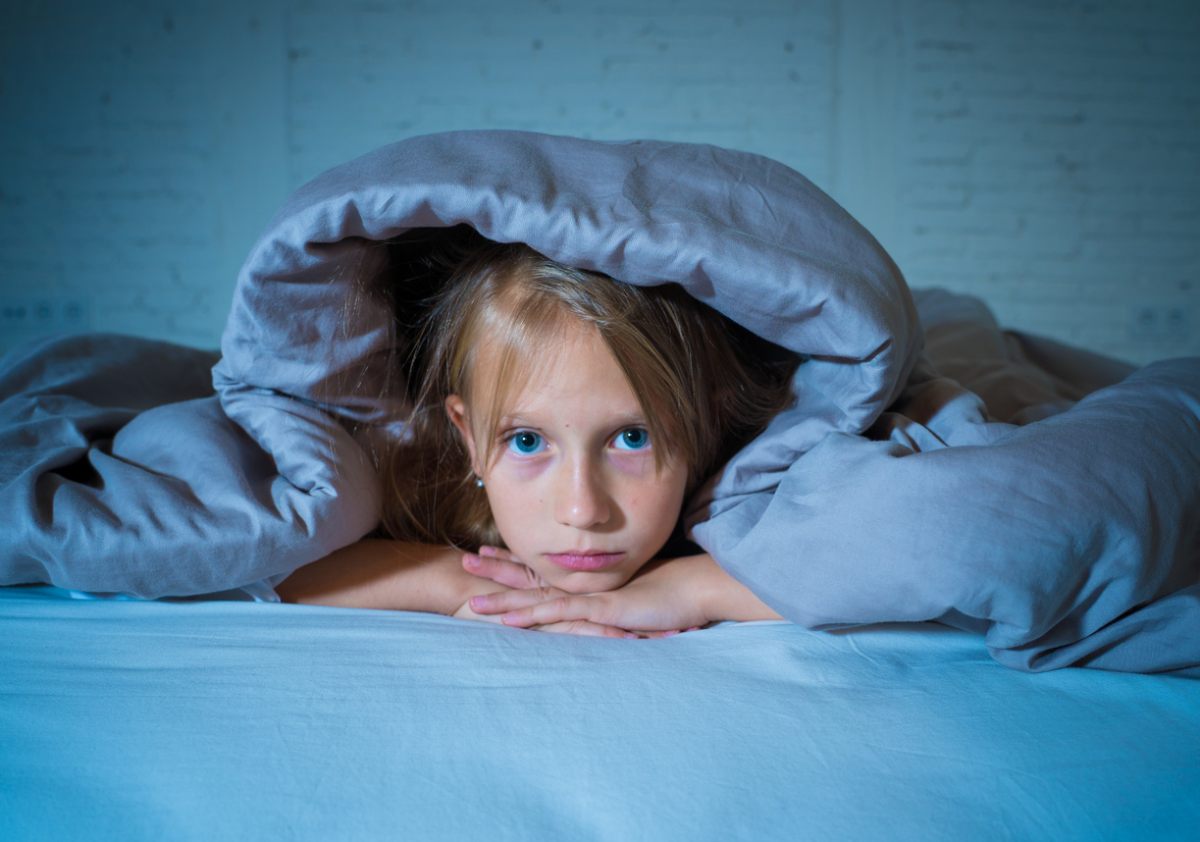Every human being requires a good night’s sleep, no matter how old or young. If you are busy, getting a good night’s sleep can be difficult. Did you know that the same stresses can apply to your kids? It’s important that your children get the best of sleep no matter how restful you think they might be. Let’s look at signs of sleep deprivation in children.
Signs of Sleep Deprivation in Children
A lack of sleep in your kids could lead to more severe health issues such as memory loss, fatigue, irritation, depression, behavioral issues, and more. Below, your trusted asthma doctor in New York City will highlight the biggest signs of sleep deprivation in children so you can get your loved one the help they need ASAP.
Why Growing Kids Need Lots of Sleep
Sleep is an essential part of a healthy lifestyle. Studies have shown that children who sleep enough are more attentive, better at learning, and have better mental health. Insufficient sleep can lead to high blood pressure, obesity, depression, and other health problems that will only worsen over time and give your child a poor prospect of health as they age.
It may be helpful to review the common signs of sleep deprivation in your children so you can get them the help they need ASAP. From irritability to decreased performance in school, take a closer look at the signs your child is exhibiting to see if they are suffering from a lack of sleep.
Signs and Symptoms of Sleep Deprivation in Kids
Your child could experience sleep deprivation at night or during the day. The most common signs are:
- Sleepless nights with little to no sleep
- Signs of memory loss or the struggle to remember things
- Your child has breathing issues or only breathes through the mouth at night
- Increased irritability or annoyance with others
- Trouble getting along with classmates
- Symptoms of depression or anxiety
- Problems focusing and learning during the day
- Headaches that are persistent, especially in the morning
- Sleeping, breathing pauses
- Nightmares, nightmares, and sleepwalking
- Hyperactivity and behavioral issues
- You can also use the bed to dry your skin.
These symptoms can be similar to other conditions so make sure your child is diagnosed correctly. The doctor will test for signs of sleep apnea, insomnia, and other sleep-related conditions that should be treated right away.
Are You Getting Enough Rest?
You may have reached an age when your child is no longer dependent on you to keep them awake at night. However, they may still sleep well for hours. These are some questions that you can ask to determine if your child should see a sleep specialist for an assessment.
- Do you find that your child sleeps in on weekends?
- Is it hard to wake up my child in the morning so they can get out of bed?
- Do my children often talk about feeling tired?
- Do my children like to sleep during the night and take lots of naps?
- Are my children anxious or irritable?
If you answered yes to any of these questions, it is most likely that your child doesn’t get enough sleep. To help your child get more restful sleep, you should make an appointment with your local sleep specialist.
Help Your Child Get Better Sleep Today
You might consider scheduling an appointment to have your child evaluated by a sleep specialist if you are concerned that they aren’t getting enough sleep. Based on your child’s needs and symptoms, our certified staff will find the best treatment for children. Contact us today to learn about how we can create a personalized treatment plan to improve your child’s health with pediatric sleep care in NYC. Your child deserves to feel their best so they can learn and grow in fantastic ways.

